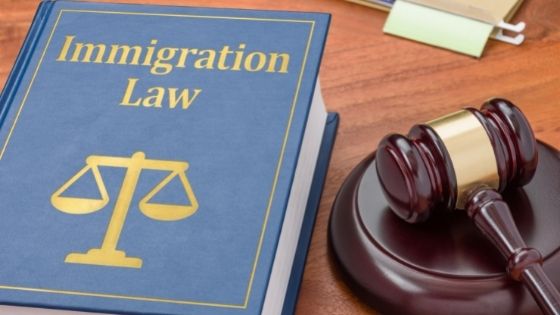If you have not yet attained green card, it is only natural to have a perpetual fear of being deported. Given how many people have been deported in the last decade or so, it is by all means a very rational fear to have. However, there are ways to work the immigration system in your favor and prevent deportations. A quick look through the following aspects of the U.S. Immigration laws should make things a bit easier for you and your loved ones.

Calculate the Risk Factors
People will only receive a deportation order if they are at-risk. So, your very first step should be to check whether you, or any member of your family can be considered as being at risk of being deported. Go through the following causes of deportation to know whether you really have a cause to be worried.
- The foreign national has been deemed as a public threat
- The illegal foreigner has been found to be guilty of criminal association and/or action
- The foreigner is found to be in violation of their visa terms
- The foreign national is unable to produce legally valid travel documents
- The illegal immigrant has been found with forged papers
If none of the above applies, chances are that you have nothing to worry about yet. That being said, eligible individuals should apply for a US green card as soon as they can, even if they are not likely to face deportation anytime soon.
Lawyer Up
If you feel that you are at risk of being deported, or if you wish to make the United States your permanent home, hire an immigration lawyer. They guide immigrants through the legalization process, helping them secure green cards with greater assurance and speed. In fact, immigration lawyers can also help in defending your case against a deportation order that has already been issued. If an individual is indeed at-risk, they should lawyer up as soon as possible to minimize their chances of being deported without a fair trial.
Learn About the Renewed DACA Program
The United States Citizenship and Immigration Services (USCIS) have started accepting both first appeals and renewal applications for the Deferred Action for Childhood Arrivals (DACA) from 2020 again. This is provided that they meet the eligibility criteria. You can check out the guidelines and eligibility criteria yourself by visiting the official USCIS – DACA page here.
It is to be noted that deportation can be sudden and issued without a due notice, in case the individual has a criminal history. This is known as the Rapid REPAT program, which effectively removes thousands of foreigners from US soil every year. If you have any criminal record, irrespective of how petty it might be, try to stay out of trouble. Work with the US immigration system and your lawyer for the green card, while keeping on the right side of the law, irrespective of whether you have a past record or not.
